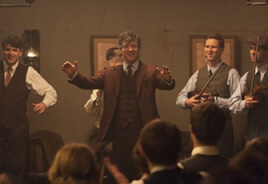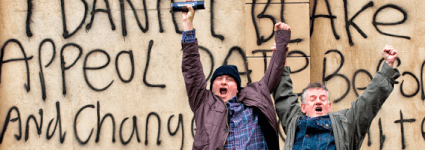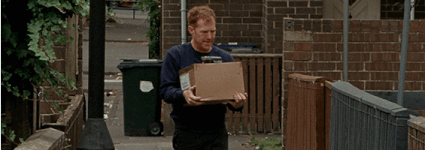In The Old Oak, director Ken Loach once again delivers a powerful narrative, one where there are no heroes or villains, but rather sharp wit, potent dialogue, and unsettling monologues capable of bringing tears even to the most hardened of hearts. The plot follows the inhabitants of an abandoned village in England as they come into conflict with Syrian refugees who have been resettled there by the government. Amidst the tensions, the owner of a small pub tries to keep his bar open while simultaneously starting an unexpected friendship with the young Syrian girl Yara (Ebla Mari). This is the third film in a trilogy about the English North East that began with the features I, Daniel Blake and Sorry We Missed You. Through melancholy cinematography, the director also builds emotion. In addition, the fact that Dave Turner, the protagonist, was a firefighter for nearly 50 years before becoming an actor, and that Mari is a Syrian refugee actress, makes Loach's latest work a deep and interesting dive into the human dilemmas inherent in any nationality
A mixture of social realism, alcohol, and humor, resulting in a genuine film that functions as a metaphor for those on the fringes of society. 'The Angels' Share' won the Jury Prize at Cannes Film Festival in 2012.
Ken Loach is one of the most sensitive filmmakers to understand human misery from a social and economic point of view. In 'I, Daniel Blake', for example, the English director had already moved with the journey of a man seeking financial aid after his wife's death. Now, in 'Sorry We Missed You', he dives into the phenomenon of the "uberization" of services. To do this, it tells the story of a man who decides to work on his own as a deliveryman. It is real, human and very uncomfortable. But like any Loach film, it makes us reflect on life in society. It makes us think: how far does this false freedom go?




